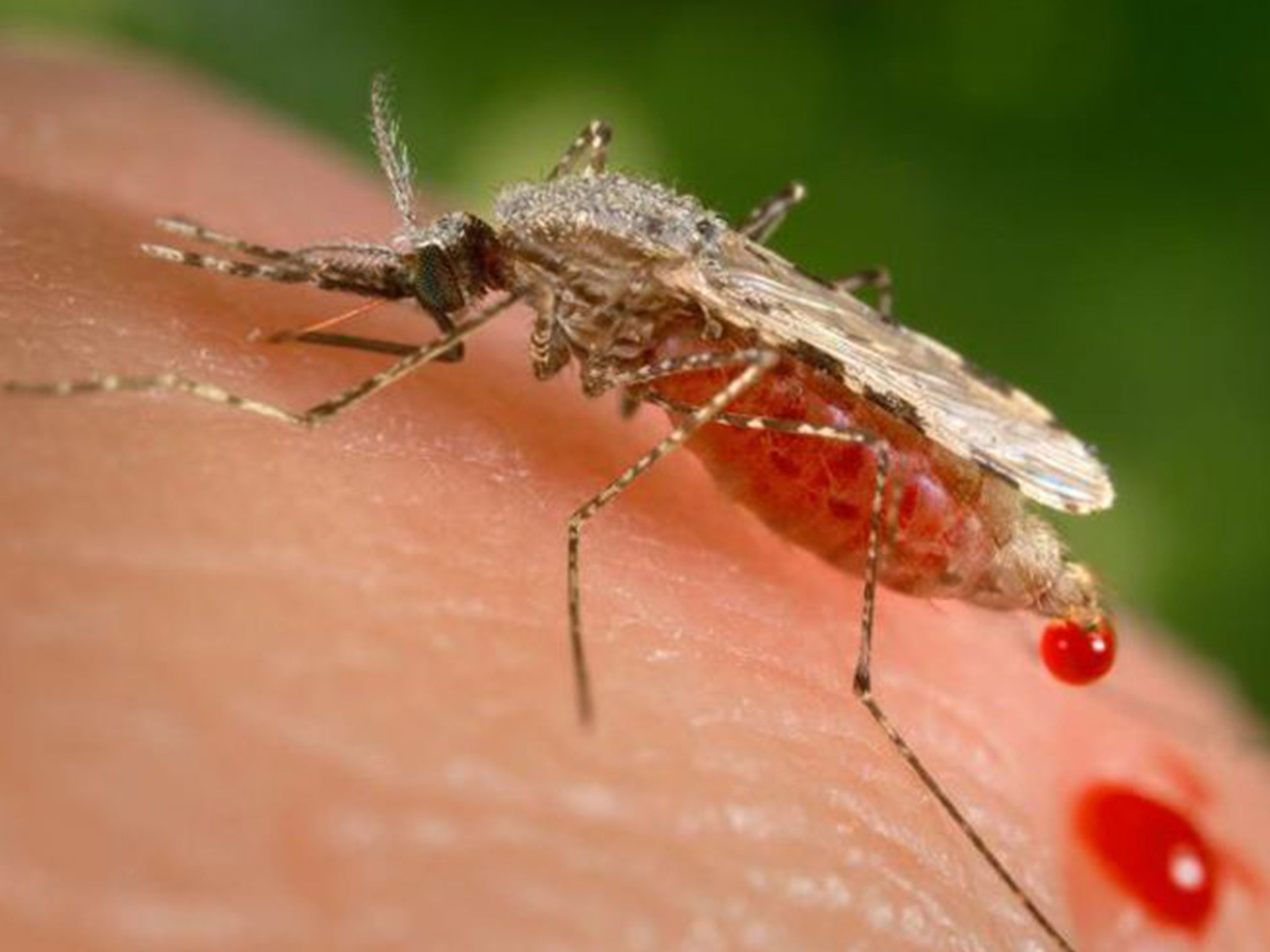Children with malaria smell sweeter to mosquitoes, finds study
Most seriously infected children give off the strongest scent

Your support helps us to tell the story
From reproductive rights to climate change to Big Tech, The Independent is on the ground when the story is developing. Whether it's investigating the financials of Elon Musk's pro-Trump PAC or producing our latest documentary, 'The A Word', which shines a light on the American women fighting for reproductive rights, we know how important it is to parse out the facts from the messaging.
At such a critical moment in US history, we need reporters on the ground. Your donation allows us to keep sending journalists to speak to both sides of the story.
The Independent is trusted by Americans across the entire political spectrum. And unlike many other quality news outlets, we choose not to lock Americans out of our reporting and analysis with paywalls. We believe quality journalism should be available to everyone, paid for by those who can afford it.
Your support makes all the difference.Children infected with malaria produce a scent which attracts mosquitoes and could be a new target for efforts to control the spread of the parasite which kills half a million people a year, a study has found.
UK researchers attached electrodes to the mosquitoes' antennae – the equivalent of their nose – to measure their interest in a range of foot odour samples from children.
They found the samples that piqued the most mosquito interest, and were therefore most likely to draw a bite, were from the children with malaria.
To understand this difference the team analysed the chemical make-up of all 117 odour samples and found the malaria group were particularly high in a group of chemicals compounds called aldehydes.
Significantly, the children who had the highest levels of the malaria-causing plasmodium parasite had particularly high levels of the key aldehyde compounds in their sweat.
“This is the first time that the skin odour of people naturally infected with malaria has been studied,” said the study’s lead author, Dr Ailie Robinson, from the London School of Hygiene & Tropical Medicine (LSHTM).
“We have shown that in people with malaria, the production of key volatile chemicals by the skin is altered, and this new ‘infected’ odour appears to be more attractive to mosquitoes.”
Dr Robinson, and her fellow authors of the study published in the journal Proceedings of the National Academy of Sciences today, suggest this mechanism could have been evolved by plasmodium to maximise their chance of being picked up by a passing mosquito.
Malaria partially develops in a human or other animal host, but requires a female anopheles mosquito to complete its life cycle.
It then sends spores to the salivary glands of the insect which infiltrate humans when they’re bitten, infecting red blood cells to multiply and then burst out and starting the cycle again.
In 2016 there were 445,000 deaths from malaria according to the World Health Organisation, but despite a global ambition eradicate the disease efforts have stalled because of a lack of investment and the spread of resistance to widely-used insecticides.
By preying on mosquitoes' attraction to the parasite’s aldehyde signal, the team believe they could develop a new wave of traps to lure mosquitoes away from human populations or detect infections.
Previous studies have shown that mosquitos can be warded off by sleeping next to a chicken as their feathers contain off-putting chemicals scents.
“These ground-breaking findings will be vital in developing our malaria research,” said professor James Logan, the study’s senior investigator at LSTHM.
“The next steps will be to understand how the parasites change odour, at the molecular level, and develop new lures for mosquito traps based on the new attractive compounds.
“Another exciting advance will be to explore our findings as a new type of diagnostic test for malaria infection, which detects key biomarker chemicals in human odour that are associated with infection.”
Join our commenting forum
Join thought-provoking conversations, follow other Independent readers and see their replies
Comments